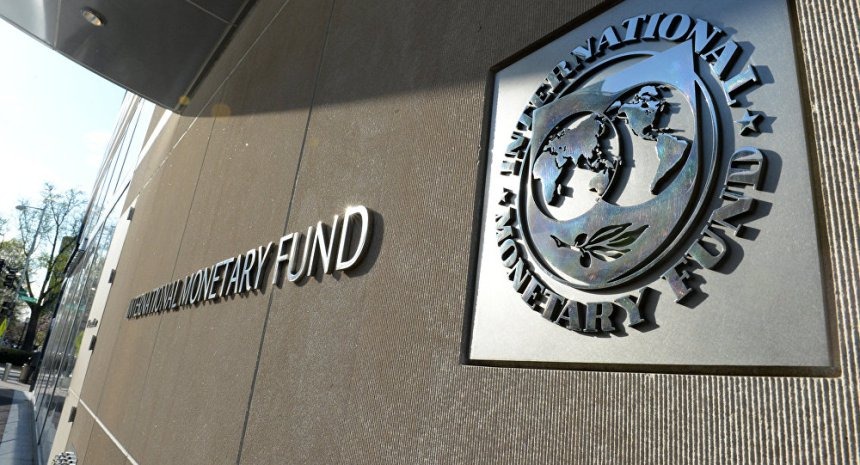The International Monetary Fund (“IMF”) on Tuesday lowered its growth prediction for the eurozone in 2018. It views the zone as crippled by EU trade tensions with the USA, and concerns linked to Brexit.
The Institute, based in Washington, predicts that from now on there will be an increase in the Gross Domestic Product (GDP) in the eurozone of 2% this year, compared to the 2.2% forecast on July 19th. It is the second time that it has revised figures for 2018: in April, it was banking on an increase of 2.4% across the eurozone.
In its new report, the IMF notes, “Slower export growth, after a strong increase in the last quarter of 2017, has notably contributed to a slow down in the eurozone” this year. Last year, all 19 countries that adopted the single currency saw the total GDP in the eurozone increase by 2.4%.
Chief Economist at the IMF, Maurice Obstfeld, commented, “These more moderate growth figures may be partly explained by a high increase in political uncertainty.” Such uncertainty does not rule out “the risk of possible failure of the Brexit negotiations” between the United Kingdom and the EU.
For next year, the IMF is however keeping its growth projection at 1.9%, as it had announced in July. Moreover it insists that “growth should remain solid” despite the relative languishing exports.
In support of this forecast, it cites “the solid household consumption and job creation”, as well as the monetary policy of the ECB, which should very progressively check its support arsenal for the economy.
The first victim of the trade war with the American President, Donald Trump, is Germany, the growth of which has once again been revised downwards, having been adjusted in July.
The IMF says that the leading economy of the eurozone will see its GDP increase by 1.9% in 2018, as in 2019, after a 2.5% increase in 2017. In July, the IMF was still banking upon 2.2% in 2018 and 2.1% in 2019.
France, the second largest economy in the eurozone, is also witnessing its predictions decline but a little less markedly. Henceforth, the IMF anticipates growth of 1.6% in 2018 and 2019, after 2.3% in 2017. In July, the IMF was counting upon 1.8% in 2018 and 1.7% in 2019.
On Monday, the United Kingdom further admitted that there still remain “major issues” to resolve in the negotiations with Brussels around Britain’s exit from the EU, anticipated for March 29th, 2019. The IMF has left its predictions for Britain unchanged compared to those made in July.
After growth of 1.7% in Britain in 2017, the IMF anticipates growth of 1.4% for this year and 1.5% for next year.
The Brussels Times

